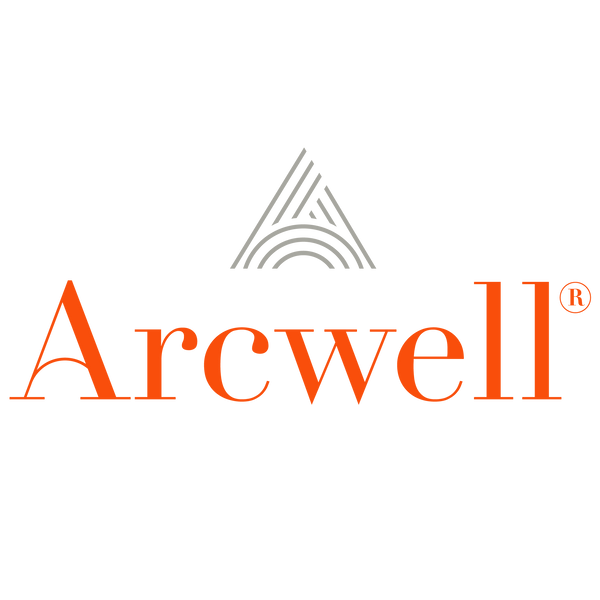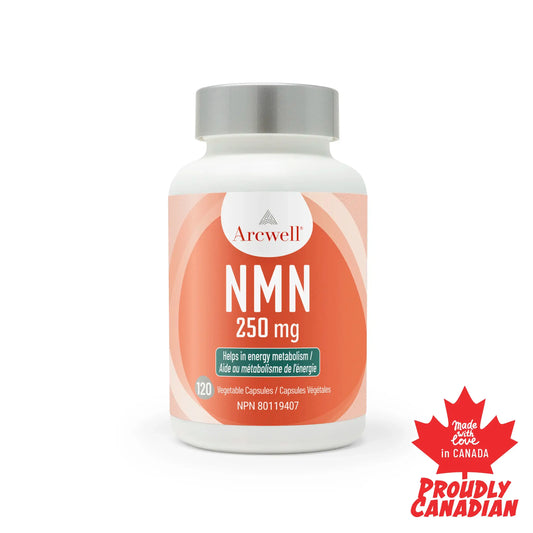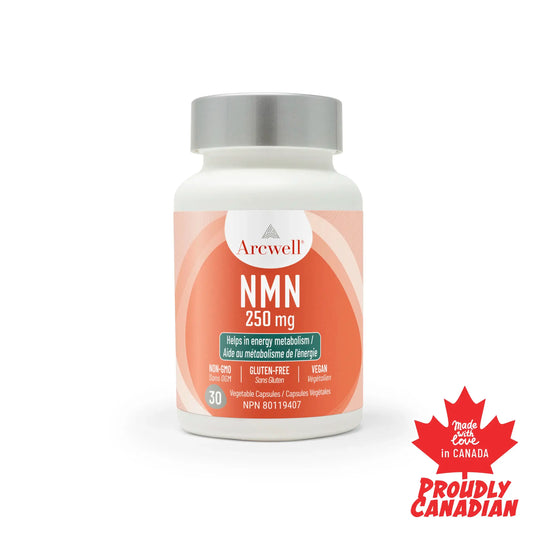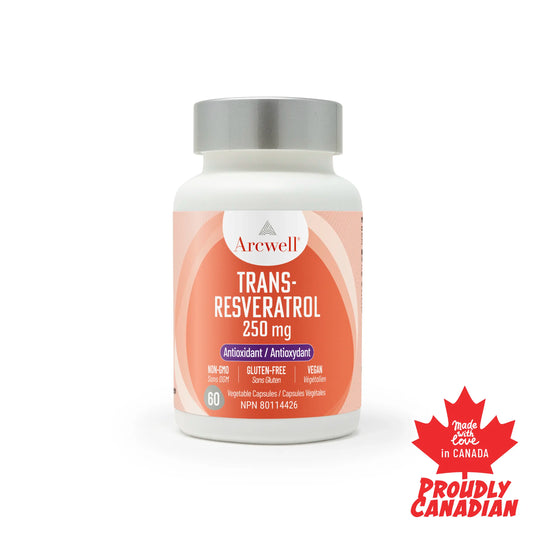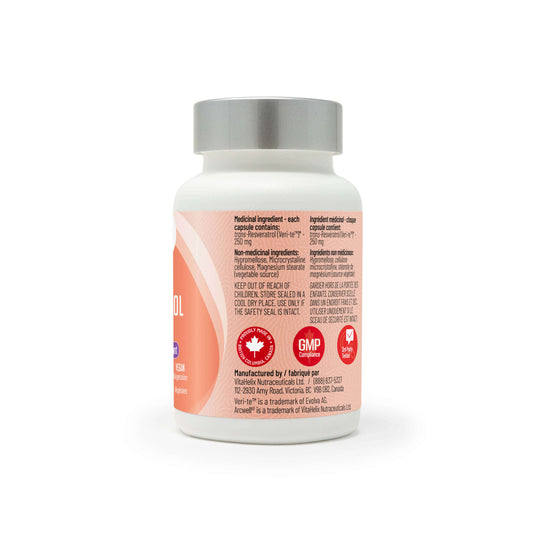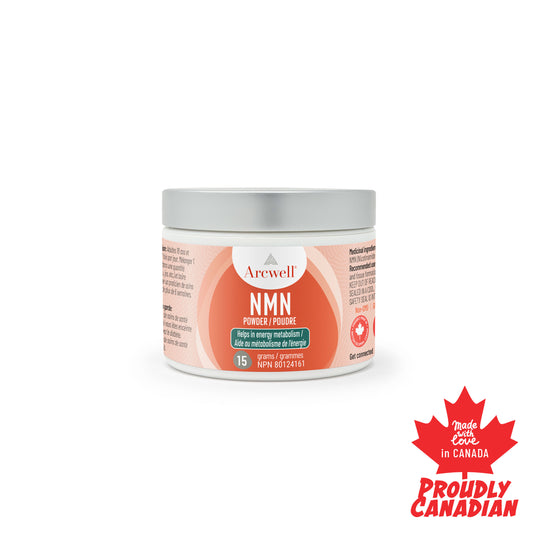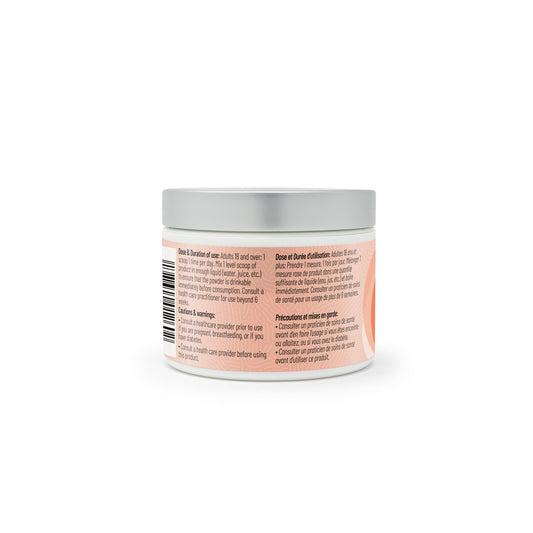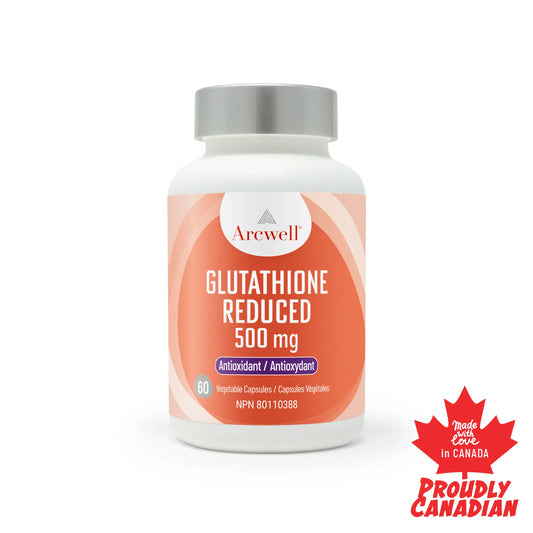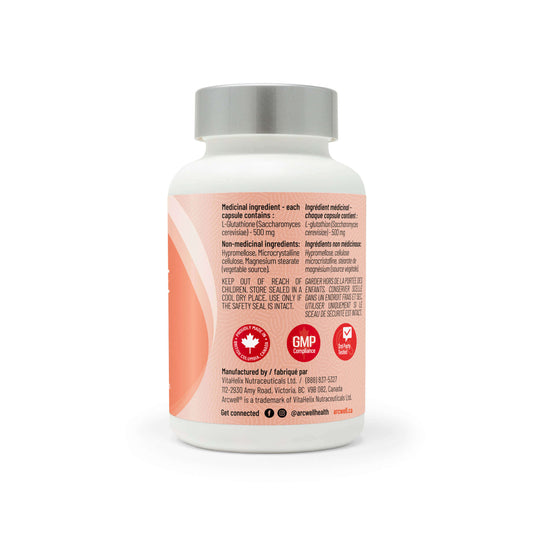
NMN Supplement: What Are the Benefits?
Share
“Nicotinamide Mononucleotide” (NMN) is a precursor for another molecule called Nicotinamide adenine dinucleotide, also known as NAD+, which is an important coenzyme found in every living cell. As described in the Journal “Integrative Medicine” published in 2020, across the kingdom of life, an increase in intracellular levels of NAD+ triggers shifts that enhance survival, including boosting energy production and upregulating cellular repair. The slow, inevitable process of aging has been described as a “Cascade of robustness breakdown triggered by a decrease in NAD+ biosynthesis and the resultant functional defects in susceptible organs and tissues.” Aging is marked by things like epigenetic shifts, genomic instability, altered nutrient sensing ability, Telomere wearing down, mitochondrial dysfunction, cellular senescence, stem cell depletion, and dysregulated intercellular communication.
By middle age, our NAD+ levels will drop to almost half the amount compared to when we were younger. Numerous studies in mice have demonstrated that boosting NAD+ levels increases mice’s insulin sensitivity, reverses mitochondrial dysfunction, and extends the lifespan. NAD+ levels can be increased by activating enzymes that stimulate the synthesis of NAD+, or by inhibiting an enzyme (CD38) that degrades NAD+, or by supplementing with NAD precursors, including nicotinamide riboside (NR) and nicotinamide mononucleotide (NMN). By taking NMN orally, it is rapidly absorbed and converted to NAD+. A lot of studies in mice have shown supplementation with NMN has increased NAD+ biosynthesis, suppressed age-related adipose tissue inflammation, enhanced insulin secretion and insulin action, improved mitochondrial function, improved neuronal function in the brain, and more.
For sure, NMN is a fountain of youth for mice. But what about humans? Shin-ichiro Imai has said that NMN may improve adult human metabolism, rendering it more like that of someone ten or twenty years younger. His team is now studying NMN in humans. David Sinclair, Harvard University’s famous anti-aging researcher, whose research on resveratrol, NAD+, and sirtuins is world-renowned, is also conducting human trials. He is taking NMN himself; he has said his lipid profile has improved dramatically and he feels more energetic. His blood markers, at nearly 60 years old, are closer to those of a 31-year-old. That’s a singular case but very promising! However, up to date, the longevity improvements observed in mice has not been directly proved by any human clinical trials just yet. We’re still waiting for more human clinical trials to complete the longevity puzzle involving NMN. But the future is very promising since more NMN human clinical trials have proved the NAD+ boosting ability in “humans”.
